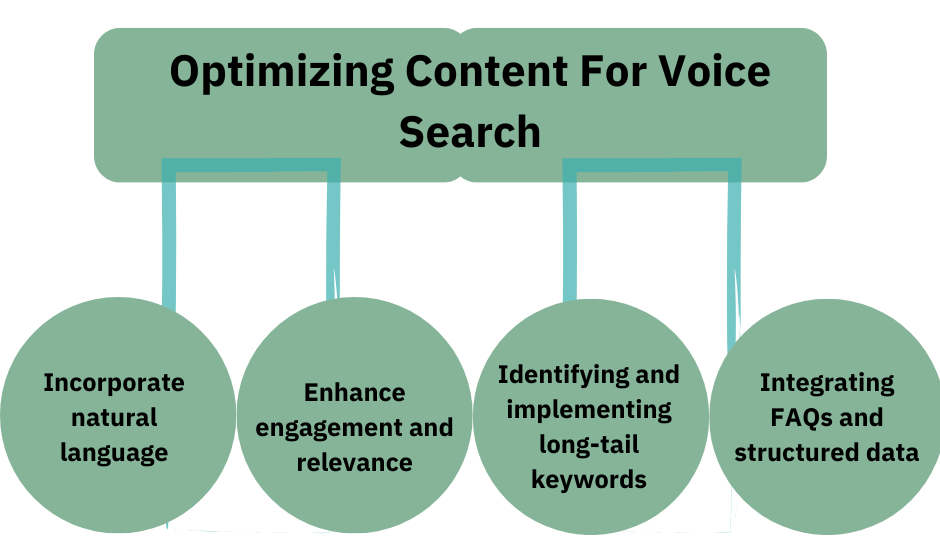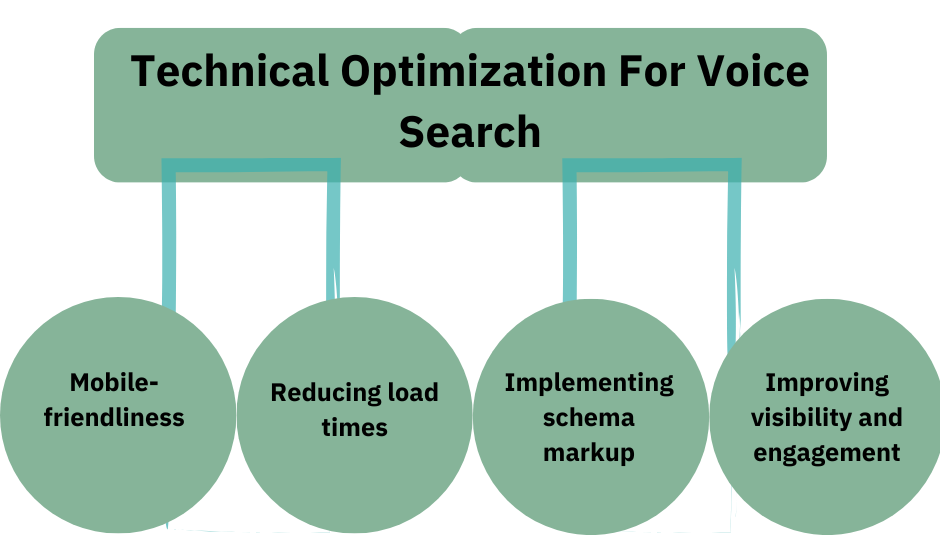Voice search refers to the technology that allows users to search and obtain information by speaking into a device rather than typing.
With the rise of virtual assistants like Siri, Google Assistant, and Alexa, voice search has become integral to how people interact with technology.
Page Contents:
Why Is Voice Search Optimization?
Voice search refers to technology that enables users to conduct internet searches by using spoken words instead of typing.
Voice search queries differ from traditional text-based searches in several ways. First, voice searches are generally longer and more conversational, reflecting natural speech patterns.
For instance, someone might type “best Italian restaurant” but ask aloud, “What’s the best Italian restaurant near me?”
Secondly, voice searches often focus on localized results, as users frequently seek immediate answers or directions.
This shift in query structure necessitates a different approach for content optimization, highlighting the importance of incorporating conversational keywords and relevant local information for better visibility in search results.
The convenience of voice search, particularly for on-the-go inquiries, has driven its growing popularity.
Experts project that voice commerce will reach a valuation of $40 billion in the coming years as more consumers utilize voice-activated devices for shopping and information retrieval.
How Voice Search Works?
Voice search technology relies on voice recognition systems that convert spoken language into text. Natural language processing enables machines to understand and interpret human speech in a way that captures context, and intent.
Major search engines employ advanced algorithms to enhance voice search functionality. They work to deliver relevant results promptly, reflecting the user’s intent behind the spoken query.
Additionally, machine learning is crucial, as these algorithms learn from previous interactions to improve future performance.
This combination of voice recognition, NLP, and adaptive algorithms makes voice search intuitive and efficient, catering to users’ growing preference for hands-free searching.
Optimizing Content For Voice Search
To effectively reach this audience, it’s crucial to incorporate natural language and conversational phrases into your content.
Unlike traditional text searches, voice searches tend to reflect how people speak in everyday conversations. Streamlining your writing to match this tone can significantly enhance engagement and relevance.
Identifying and implementing long-tail keywords is another strategy that’s vital for voice search optimization. These keywords are typically longer and more specific phrases that align with how users phrase their questions verbally.
Conducting thorough keyword research can help uncover these valuable phrases, allowing you to tailor your content to answer specific inquiries that users may have.

Integrating FAQs and structured data into your content is also a powerful approach. FAQs address common questions directly, making it easier for voice search engines to provide succinct answers.
Additionally, employing structured data helps search engines understand the context of your content better, leading to improved visibility and chances of being featured in rich snippets.
Many voice searches are location-based, so ensuring your content is optimized for local queries and includes relevant information like your address, hours of operation, and contact details can significantly enhance your chances of being discovered by nearby users.
Technical Optimization For Voice Search
In today’s digital landscape, optimizing for voice search has become essential for businesses aiming to enhance their online visibility.
A key factor in this optimization is mobile-friendliness. With a significant portion of voice searches conducted on smartphones, websites must offer responsive designs that provide a seamless user experience across various devices.
Accelerated Mobile Pages play a crucial role in this context by significantly reducing load times, which is vital for retaining user attention.

Fast-loading pages not only improve user satisfaction but also enhance rankings in search results, making them more favorable for voice queries.
Additionally, implementing schema markup is critical for voice search optimization. By adding structured data to a website, businesses can help search engines better understand their content, leading to richer search results.
This can enhance the likelihood of their content being featured as a voice response, further improving visibility and engagement.
Tools And Resources For Voice Search Optimization
As Voice search slowly taking over the market. A website needs tools and resources for voice search optimization. Optimizing for voice search requires a strategic approach, supported by a variety of tools and resources.
For keyword research, consider utilizing platforms such as Serpok Keyword Research, and Serpok Website Research which help identify high-traffic phrases and questions commonly asked by users.
To analyze your website’s performance in voice search, tools like Moz and Ahrefs can provide insights into organic rankings and site health.
To stay updated on the latest voice search trends, subscribe to industry-leading blogs and podcasts that focus on search engine optimization and digital marketing.
Websites like Search Engine Journal and HubSpot regularly publish articles on emerging technologies and best practices, ensuring your strategies remain at the forefront of the ever-evolving digital landscape.